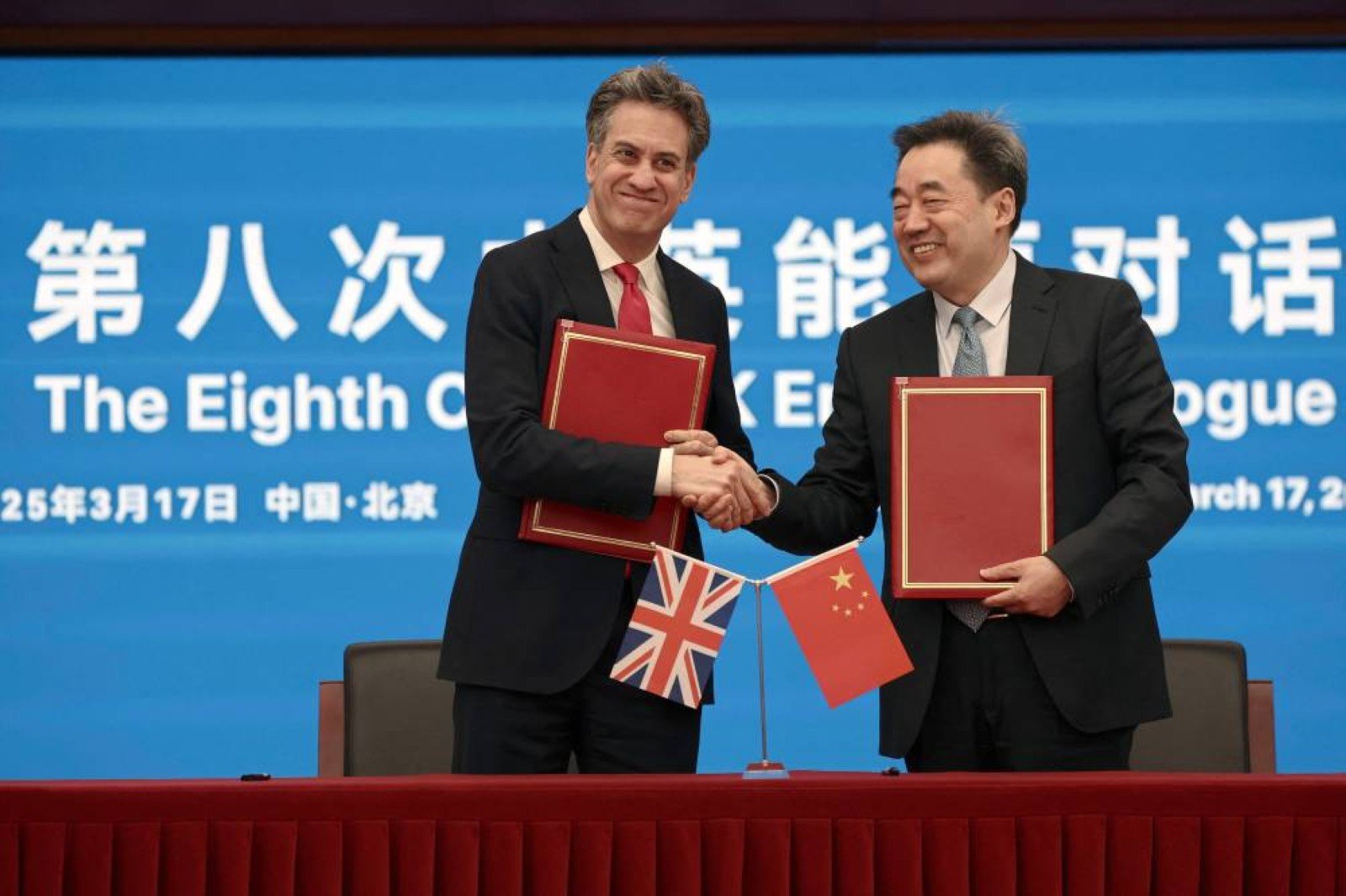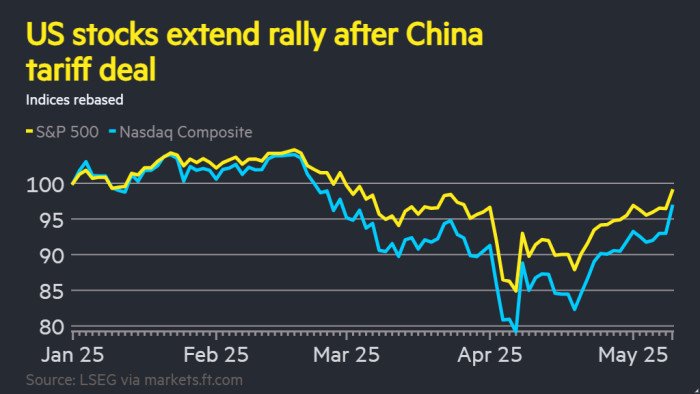SHANGHAI, Jan 5 (Reuters) – China’s yuan eased against the dollar on Friday, as a widening yield spread and balance sheet policy divergences between the U.S. and China remained short-term headwinds for the yuan.
The yield on actively traded 10-year China government bonds touched the lowest point since April 2020 on Friday.
The ongoing divergence in the balance sheet policies of the Fed versus the People’s Bank of China (PBOC) is a significant short-term headwind for the offshore yuan, traders at Citi said, adding that they expect further interest rate cuts and additional loan injections via China’s pledged supplementary lending (PSL) facility.
“However, we expect onshore exporter USD holdings, which look abnormally large this year, to be converted to the yuan ahead of the Lunar New Year, which should drive the yuan stronger against the dollar towards the end of January or the first week of February,” the traders said.
Prior to the market’s opening, the PBOC set the midpoint rate , around which the yuan is allowed to trade in a 2% band, at 7.1029 per U.S. dollar, 33 pips weaker than the previous fix 7.0997.
The spot yuan opened at 7.1675 per dollar and was changing hands at 7.1684 at midday, 64 pips weaker than the previous late session close.
Investors are watching U.S. payrolls data later in the day to gauge the Fed’s policy path, which could also affect the yuan-dollar pair.
The offshore yuan was trading 99 pips weaker than the onshore spot at 7.1783 per dollar.
The yuan market at 0333 GMT:
ONSHORE SPOT:
Key indexes:
*Divergence of the dollar/yuan exchange rate. Negative number indicates that spot yuan is trading stronger than the midpoint. The People’s Bank of China (PBOC) allows the exchange rate to rise or fall 2% from official midpoint rate it sets each morning.
OFFSHORE CNH MARKET
*Premium for offshore spot over onshore
**Figure reflects difference from PBOC’s official midpoint, since non-deliverable forwards are settled against the midpoint. .
($1 = 7.1677 Chinese yuan renminbi)
Sign up here.
Reporting by Li Gu; Editing by Sonali Paul
Our Standards: The Thomson Reuters Trust Principles.







